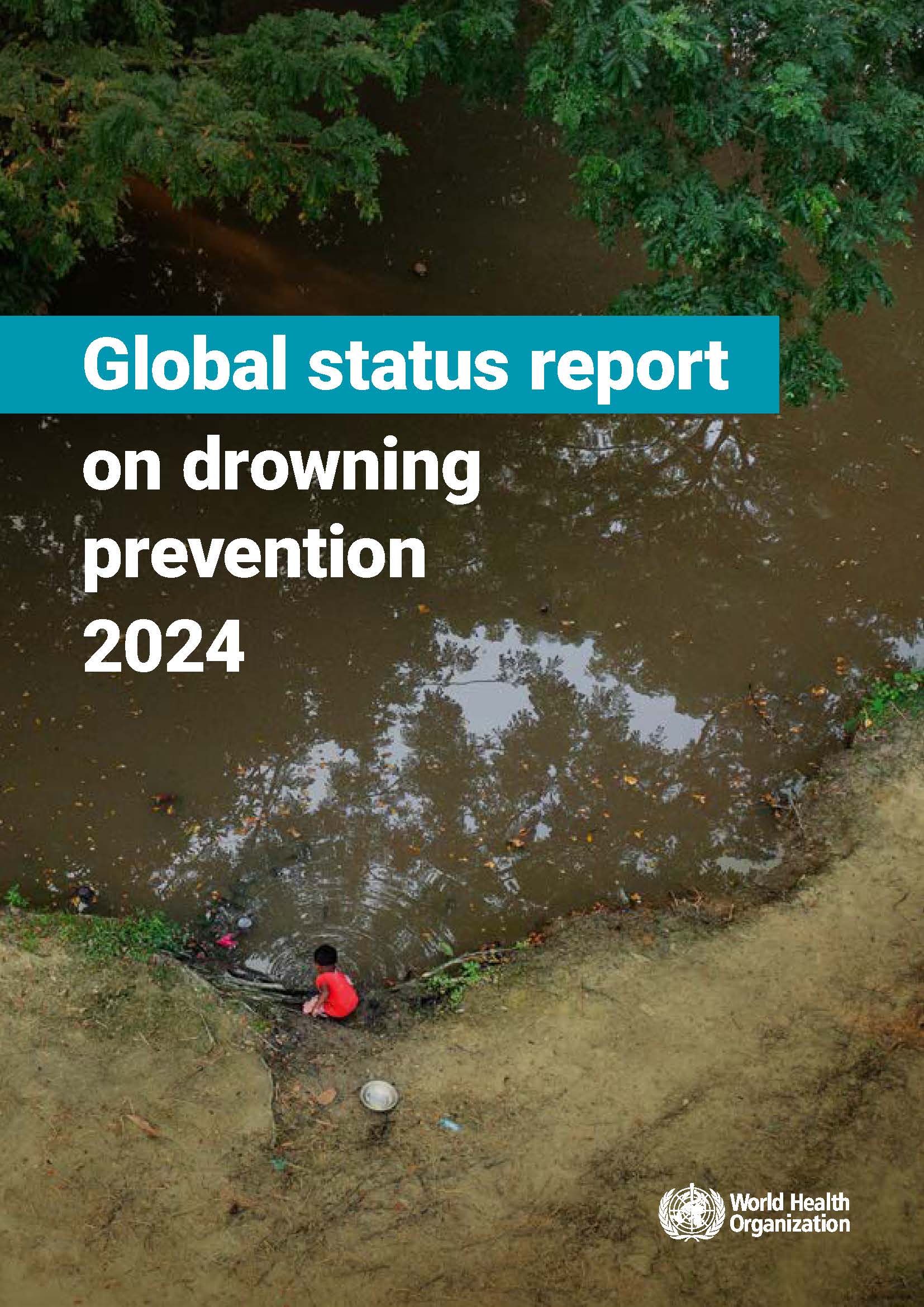
The report presents a benchmark against which to track drowning prevention progress over time – at global, regional and national levels - and to galvanize meaningful multisectoral collaboration within governments and across the UN.
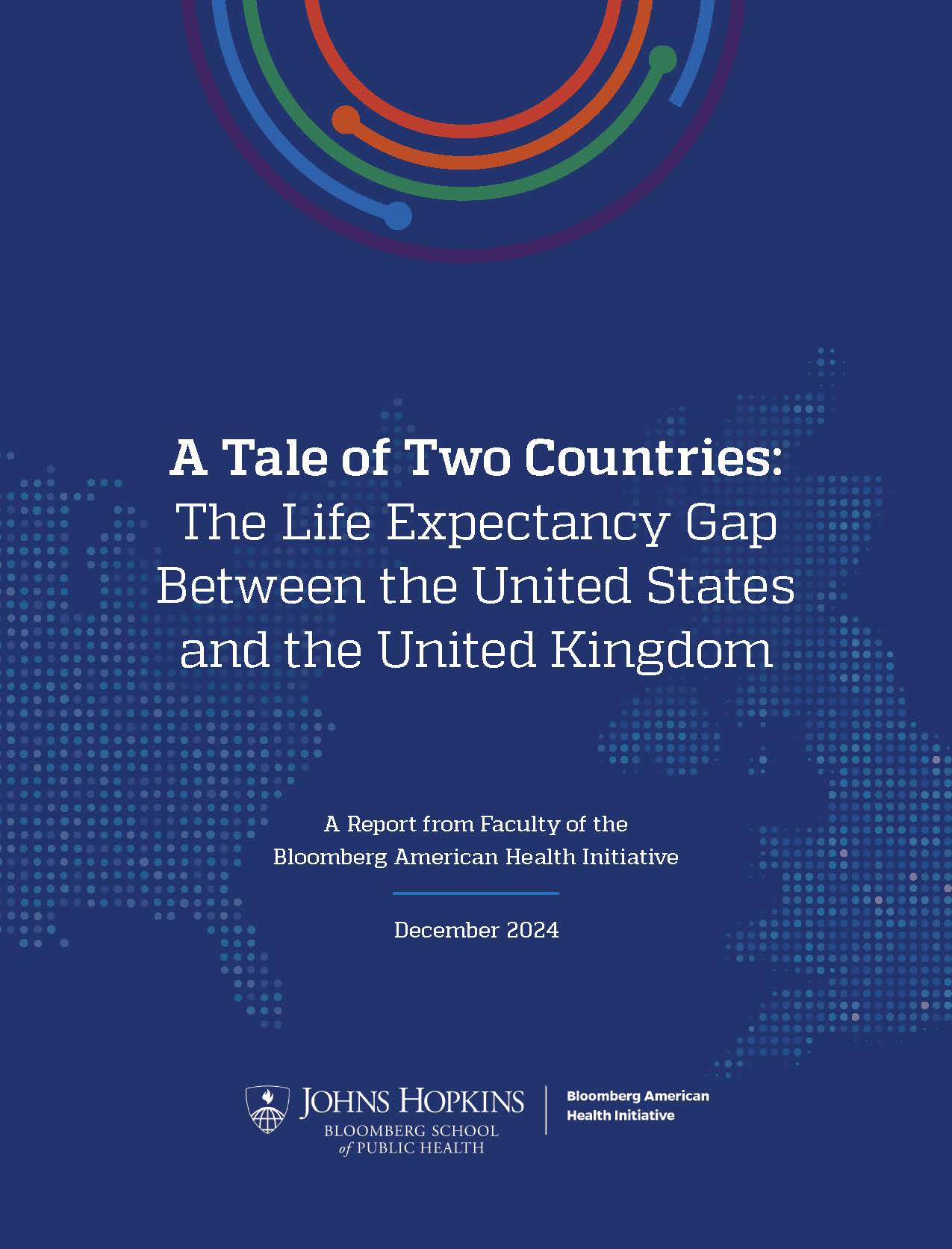
In a new analysis of 2023 data from the U.S. and England and Wales, this report finds that differences in four preventable causes of death can explain the entire 2.7-year gap in life expectancy: cardiovascular disease, overdose, motor vehicle crashes, and gun violence. Each of these kills Americans at a substantially higher rate—particularly younger Americans.
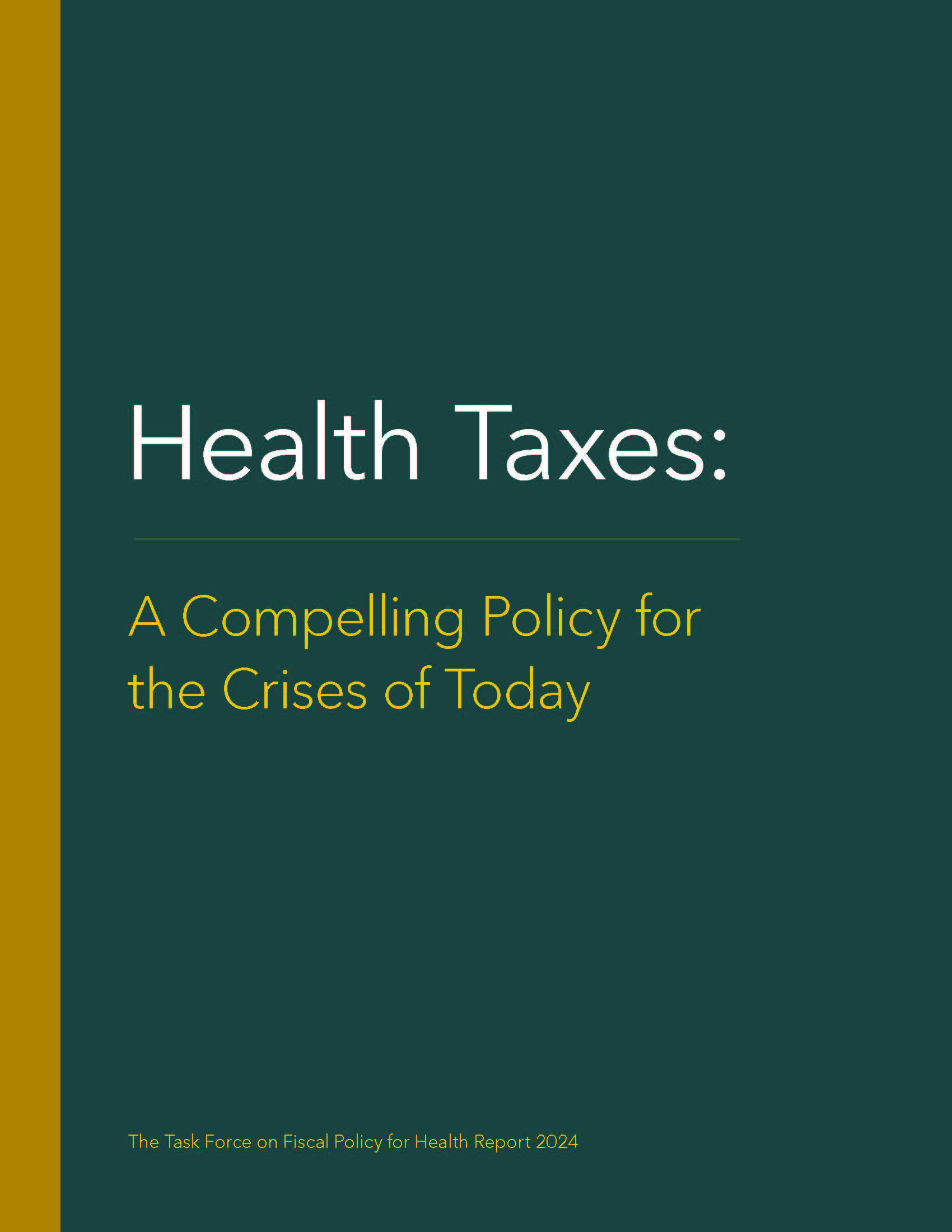
By reducing consumption of unhealthy products, health taxes improve people’s lives, reduce demands on the healthcare system, and increase labor productivity, while generating revenues. By reducing pressure on health expenditure and providing more revenue, they enable governments to tackle many other complex crises.
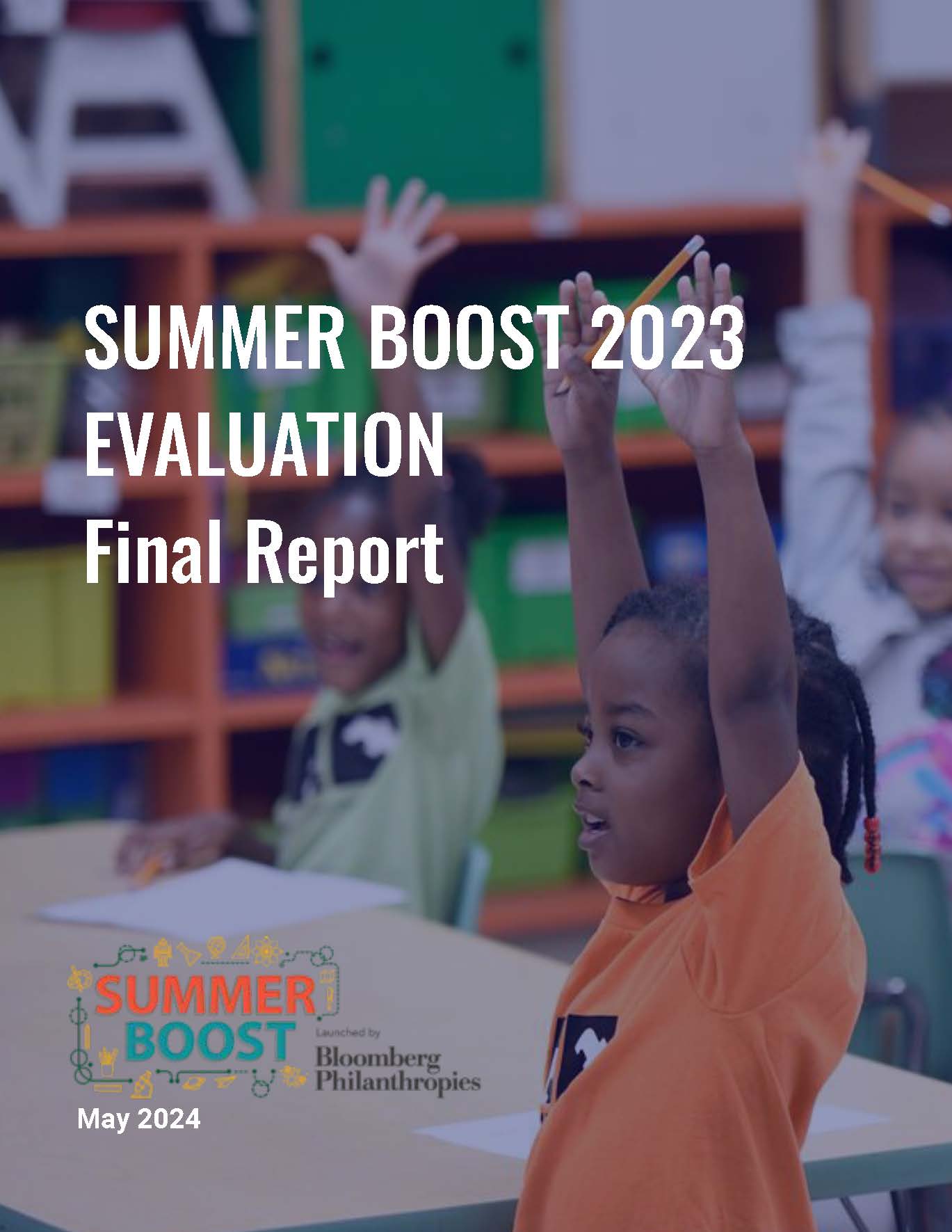
This report finds participating Summer Boost students experienced positive growth in both math and ELA. Students gained on average an additional ~4-5 weeks of math learning and ~3-4 weeks of ELA learning compared to their peers who did not participate in the program. Similar to other research, this evaluation found more impact and confidence in math than in ELA results.
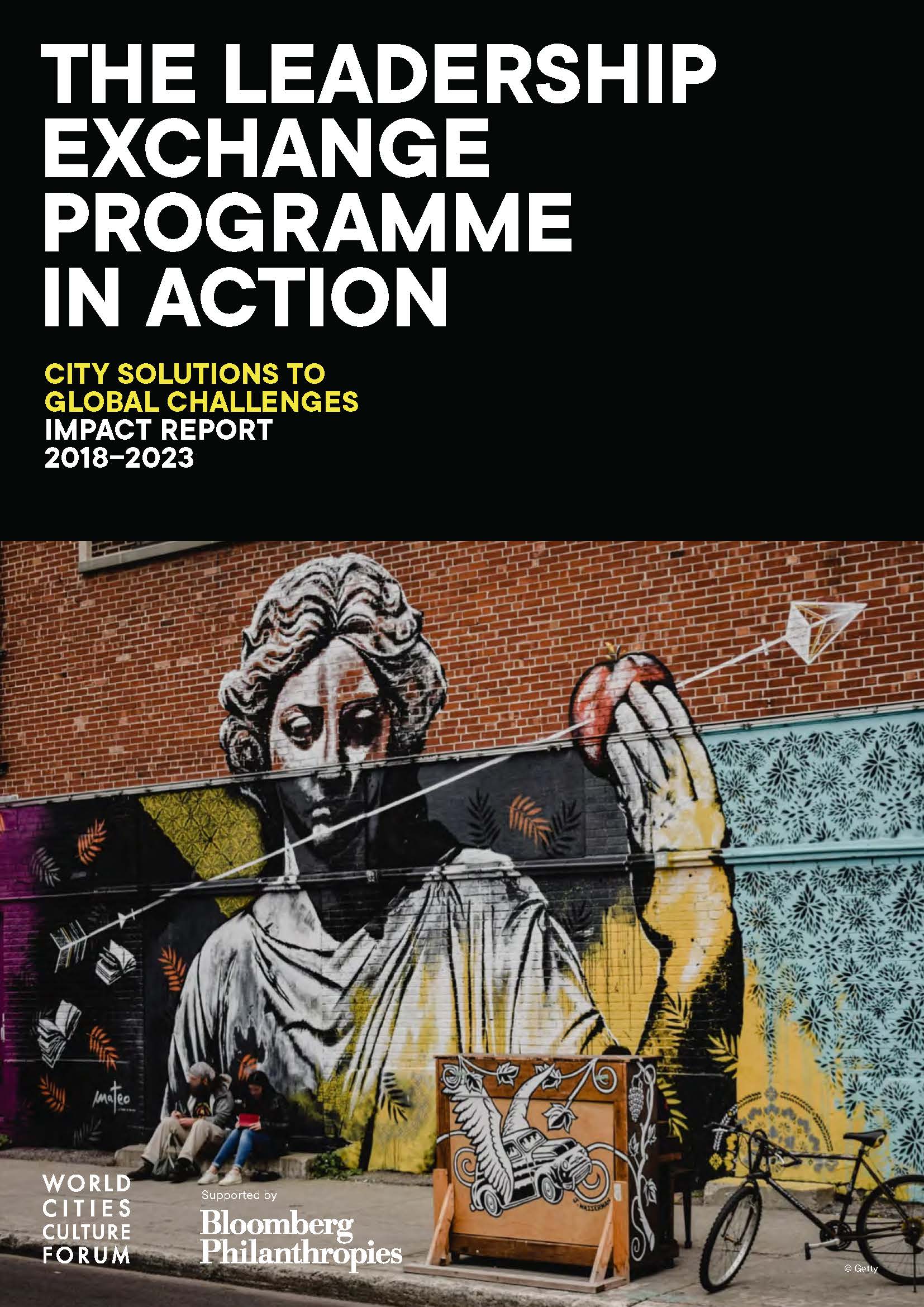
Conversations between city leaders at the annual World Cities Culture Summit have often sparked a desire for further discussion and focus on particular challenges which multiple cities are facing across the network. The Leadership Exchange Programme, supported by Bloomberg Philanthropies, allows them to do this in-depth. This Impact Report looks at city solutions to global challenges from 2018 to 2023.
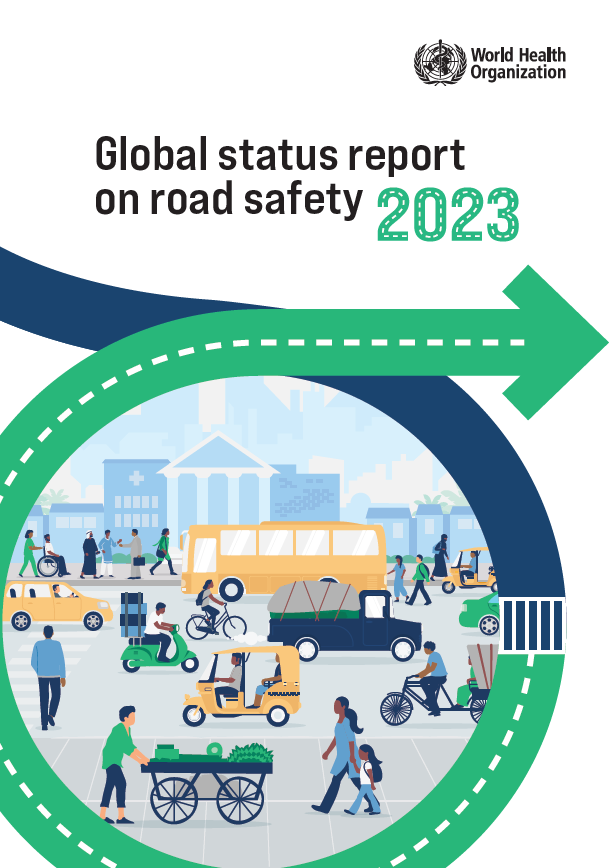
This Global status report on road safety 2023 (the fifth edition since 2009) presents findings from a unique vantage point on the road to safe mobility: it provides the first complete overview of progress made during the Decade of Action or Road Safety 2011–2020 and sets a baseline for the Decade of Action for Road Safety 2021–2030. This report looks at how and where the burden is changing and at how we are responding.
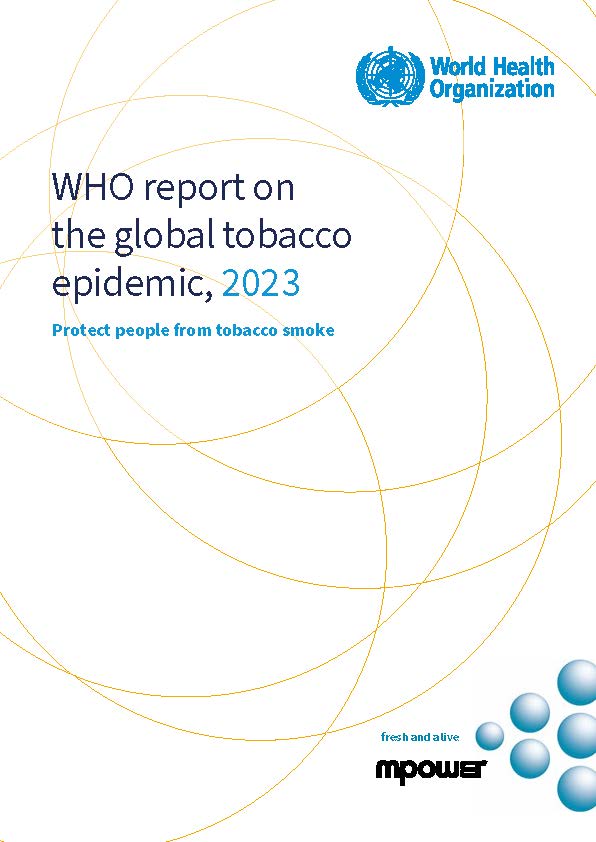
The ninth WHO report on the global tobacco epidemic tracks the progress made by countries in tobacco control since 2008 and, marks 15 years since the introduction of the MPOWER technical package which is designed to help countries implement the demand-reduction measures of the WHO Framework Convention on Tobacco Control. The report shows that many countries continue to make progress in the fight against tobacco, but efforts must be accelerated to protect people from the harms of tobacco and second-hand smoke.
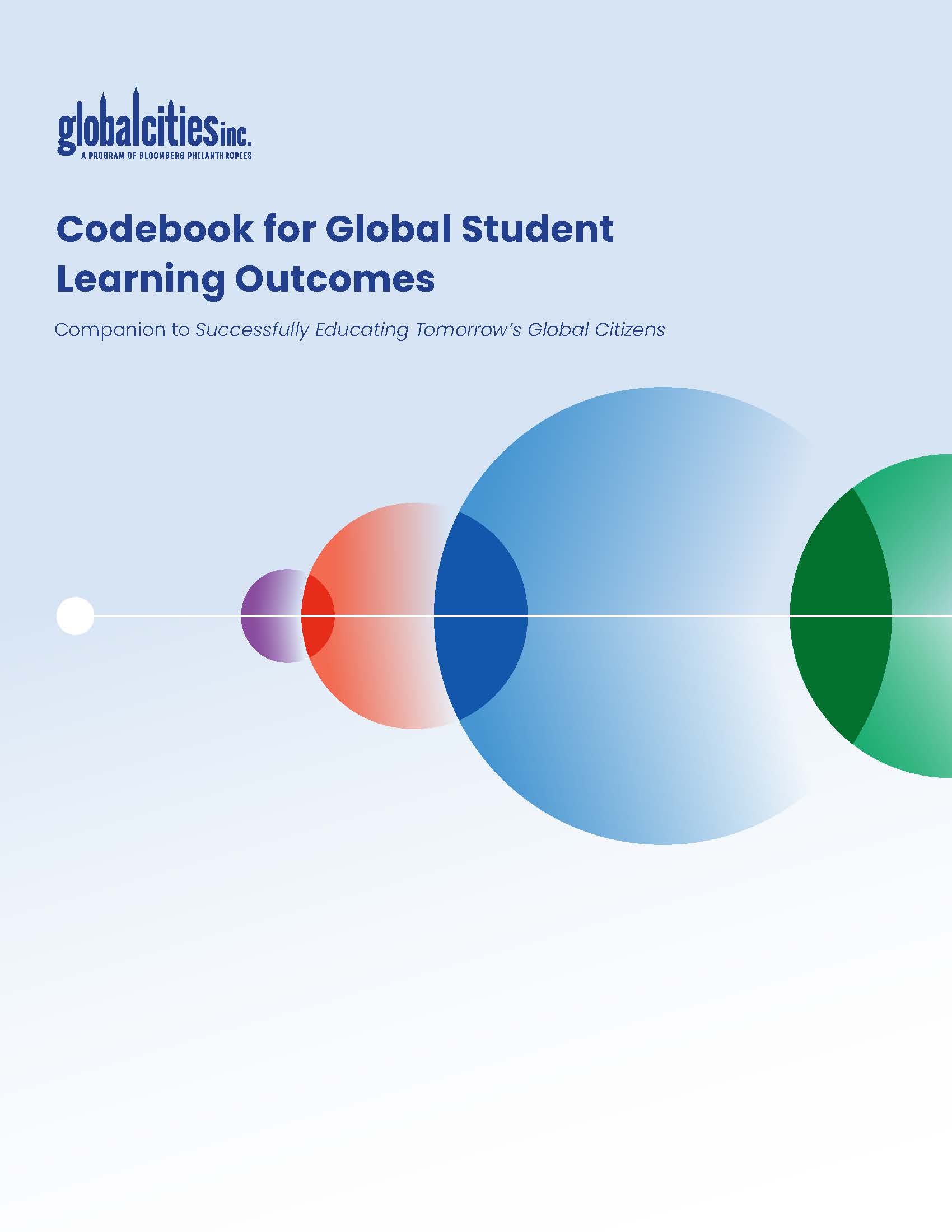
This Codebook for Global Student Learning Outcomes includes the Guide for Curriculum Design and Instruction, which is designed for educators interested in teaching students how to solve global problems and assessing their students’ progress.
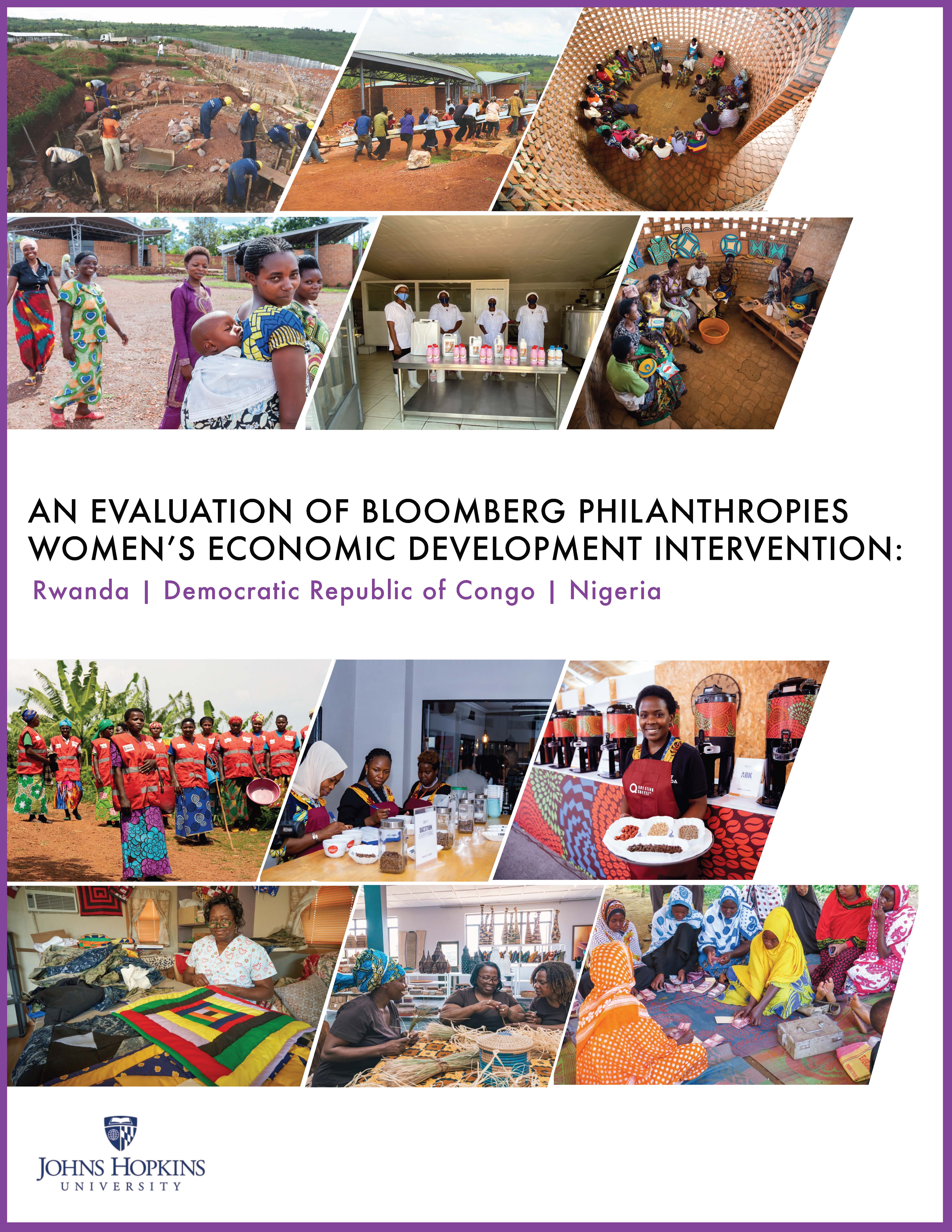
An independent third-party evaluation by Johns Hopkins University School of Advanced International Studies (SAIS) shows the efficacy and replicability of the Women's Economic Development Initiative by helping women develop marketable skills in high-demand industries.
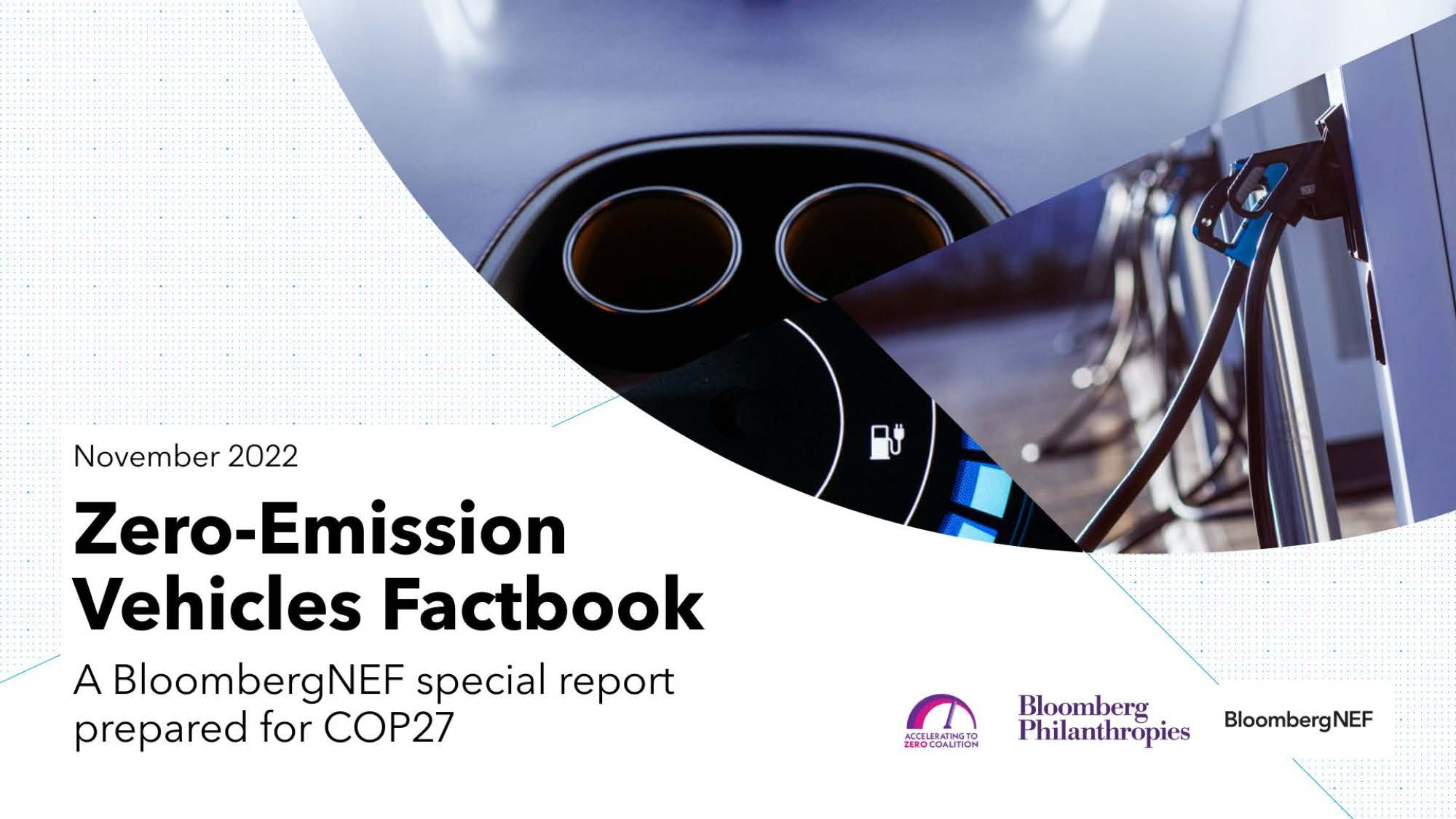
The analysis shows the adoption of zero-emission vehicles (ZEVs) accelerated in the past year across almost all markets and vehicle segments, with passenger electric vehicle sales on track for more than 10 million units, up from 6.6 million in 2021. Electric vehicles of all types – including cars, buses, motorcycles, scooters, vans, and trucks – are expected to avoid almost 1.7 million barrels of oil use per day in 2022, up from 1.5 million barrels per day in 2021. These vehicles are currently eliminating 152 million metric tons of CO2 per year, with the biggest contribution coming from the large fleet of electric two- and three-wheelers in Asia.